Project touted as proof that Oregon is “driving creative solutions to build sustainable infrastructure”
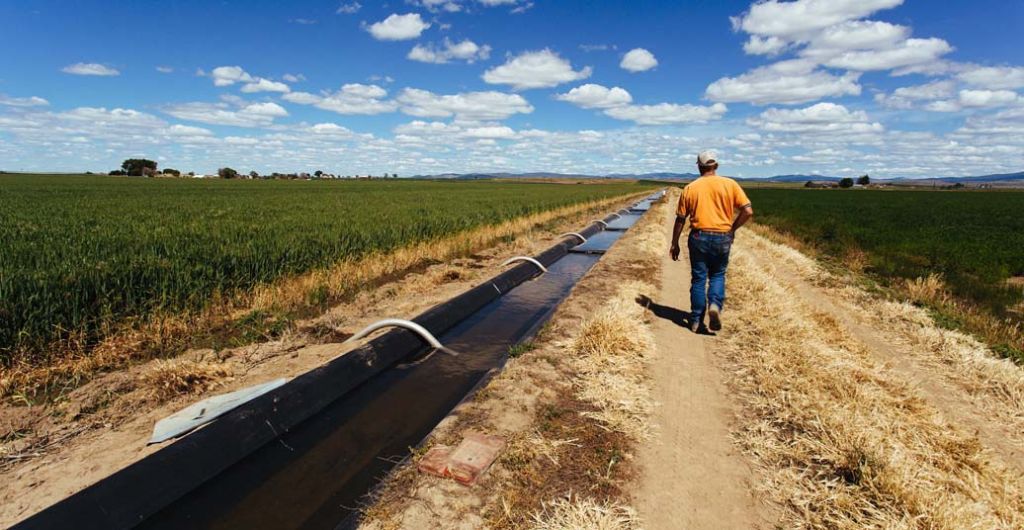
Savings plan: The Deschutes River Basin supplies irrigation water to nearly 59,000 acres of farmland in Jefferson County, Ore. It loses a lot of water through evaporation. Photo: North Unit Irrigation District
By Kendra Chamberlain. April 17, 2024. The North Unit Irrigation District in Central Oregon will be one of the first in the country to build a floating solar energy facility over a canal.
On April 4, the Department of Interior announced the district will receive a $2.55 million award to install floating solar panels over the Main Canal of the Deschutes Project near Bend.
The installation will reduce evaporation losses along the canal while also producing renewable energy.
It’s “an opportunity to save some water and generate renewable energy and revenue based on a resource that was available,” Mike Britton, executive manager at the North Unit Irrigation District (NUID), told Columbia Insight.
Floating solar panels generate energy while shielding water from the sun, thereby reducing evaporation.
A recent study published in the journal Nature estimates that thousands of cities across the world could use floating solar panels to significantly offset carbon emissions without devoting large swaths of land for solar panels.
A handful of floating solar installations exist in the United States, mostly over reservoirs.
Last year, the Medford Irrigation District launched Oregon’s first floating solar project over one of its reservoirs.
More to come?
DOI awarded three other solar canal projects money, including $5.6 million for a project with the Gila River Indian Community in Arizona.
The department and the Bureau of Reclamation are hoping these pilot projects will help iron out the kinks of floating solar systems for future large-scale deployment.
Oregon Senators Jeff Merkley and Ron Wyden touted the project in a statement as proof that Oregon is “driving creative solutions to build the sustainable infrastructure needed for a clean energy future.”
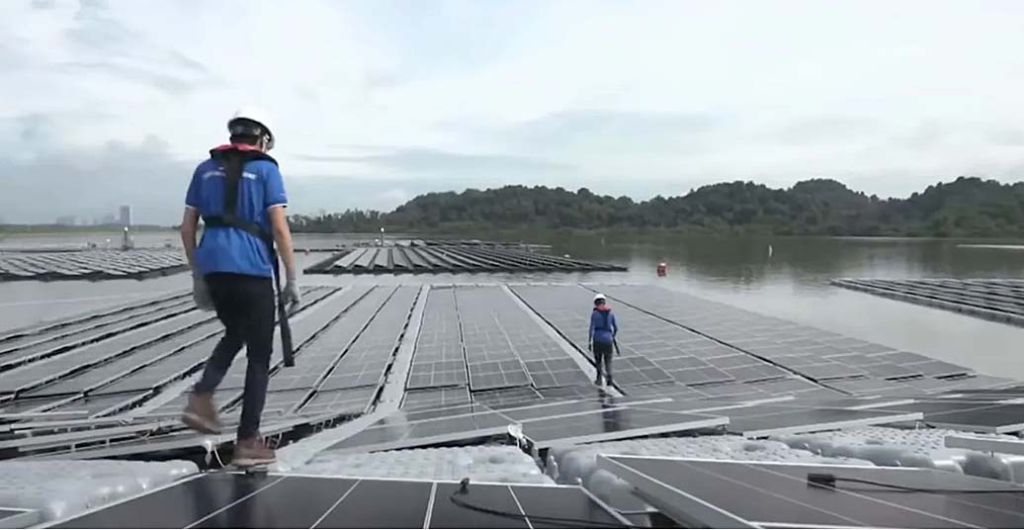
Floating an idea: Scientists at University of California, Merced, are studying the effectiveness of floating solar panels. Photo: UC Merced/YouTube
The North Unit Irrigation District project will produce around 1 MWh of energy that will be fed to the Western Interconnection power grid.
The exact location of the installation is still being worked out.
“This is kind of a new and innovative technology. And it’s part of a larger irrigation modernization effort the North Unit is undertaking,” said Britton. “We’re piping a bunch of our open canals. We have a hydroelectric project, just downstream of this concept here. So we’ve got a lot of moving pieces right now.”
Britton said if the initial installation is a success the district will consider expanding floating solar panels across its canals as it upgrades irrigation systems.


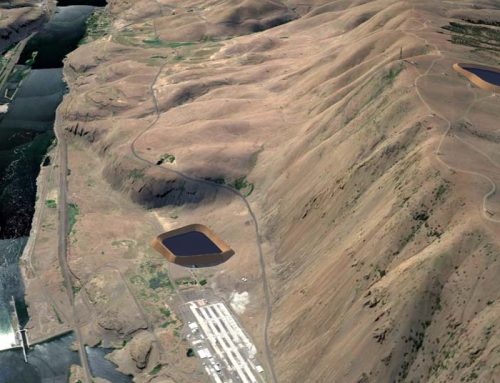

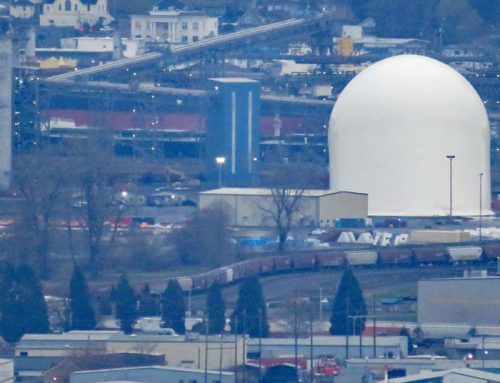
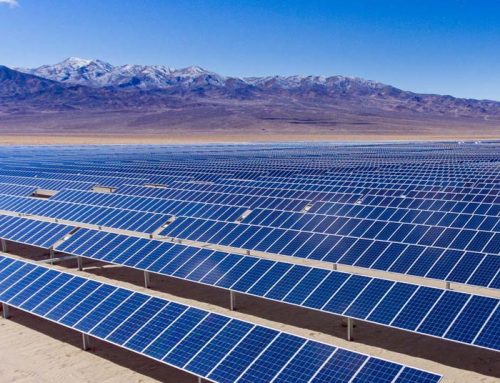
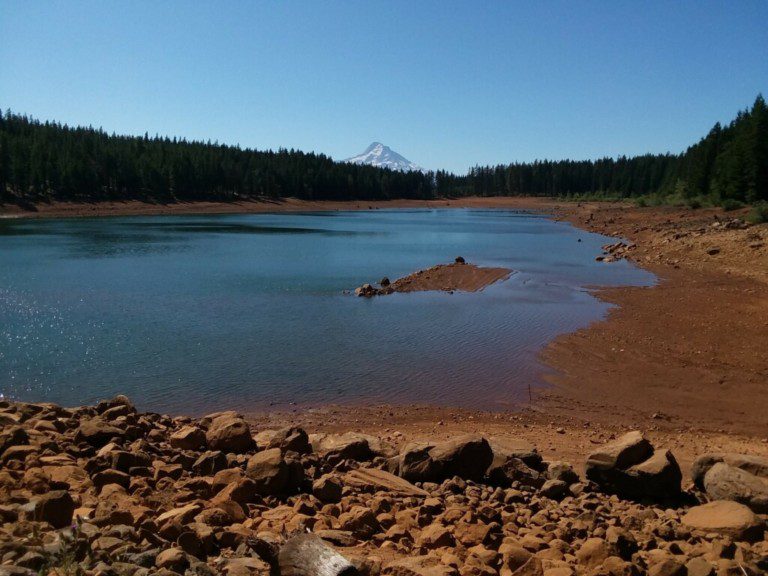
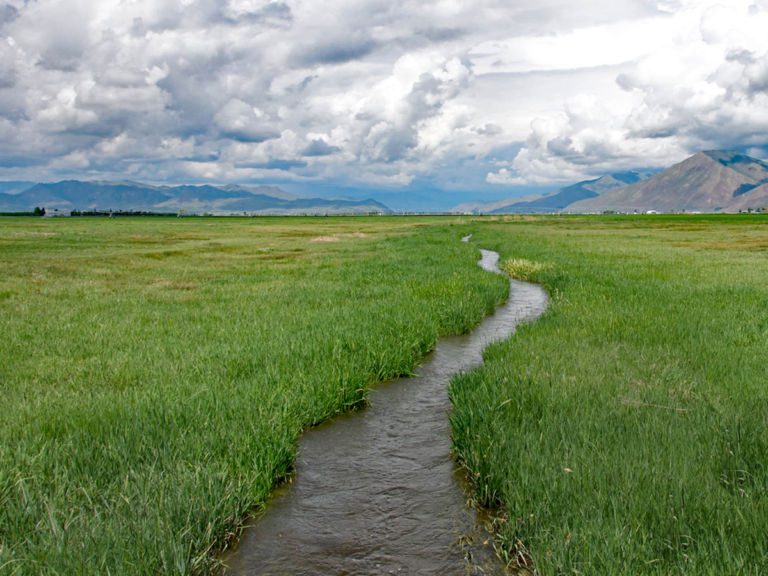




Just a thought, and hoping that others on the front line have also had this thought, has anyone checked to see the effects of solar panels floating on or erected above water has on water temperature? Just wondering.